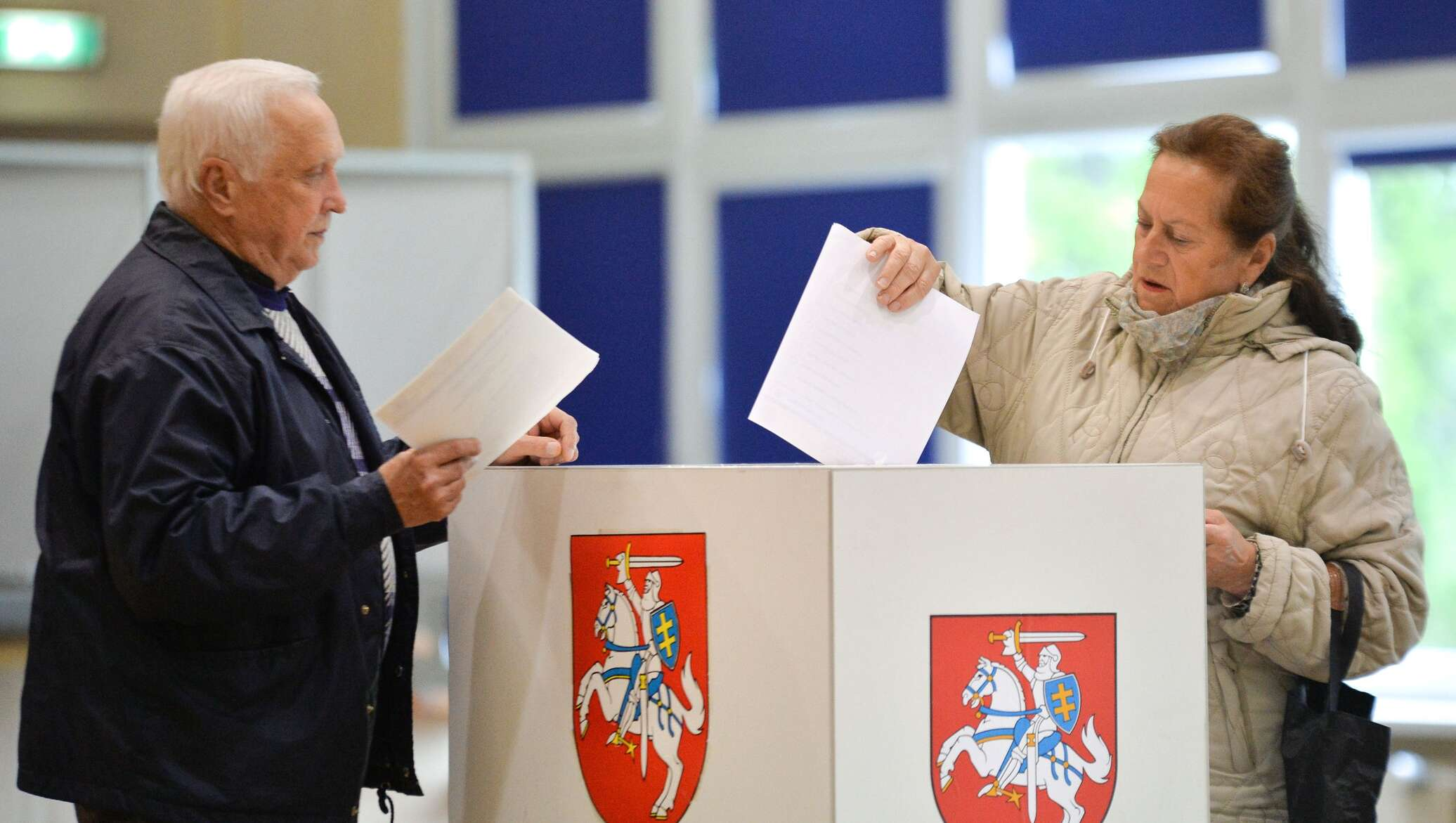The opposition Social Democratic (SD) party has taken a commanding lead in Lithuania’s parliamentary election’s second round, driven by voter concerns over the cost of living and regional security. Preliminary government data shows the center-left Social Democrats securing 33 seats with 64% of votes counted, building on their 20-seat lead from the first round, and placing them ahead of the ruling Homeland Union Party, which has won 6 additional constituencies alongside 18 seats from the first round.
Lithuania’s hybrid voting system combines popular votes with district-based run-offs, favoring larger parties in the 141-member parliament. If the Social Democrats form a government, they are expected to maintain Lithuania’s assertive stance against Russia, alongside sustained defense spending. Lithuania currently allocates 3% of its GDP to defense, ranking as NATO’s sixth-highest contributor by percentage.
Prime Minister Ingrida Simonyte’s center-right coalition has faced declining popularity due to persistent inflation, degraded public services, and increasing income inequality. The SD, led by Vilija Blinkeviciute, is already negotiating a majority coalition with two other parties, For Lithuania and the Farmers and Greens Union. During the run-offs, the SD allied with opposition parties to support candidates challenging Homeland Union nominees.
The Social Democrats’ campaign has prioritized reducing inequality, proposing higher taxes on wealthy citizens to bolster healthcare and social support. Meanwhile, security remains crucial for Lithuania, a NATO member bordering Russia’s Kaliningrad and Belarus, as many citizens fear potential Russian aggression. A recent survey revealed that 75% of Lithuanians believe an attack from Russia is likely in the near future, underscoring the national importance of stability amid regional unrest.
Full election results are anticipated around midnight (22:00 GMT).


















